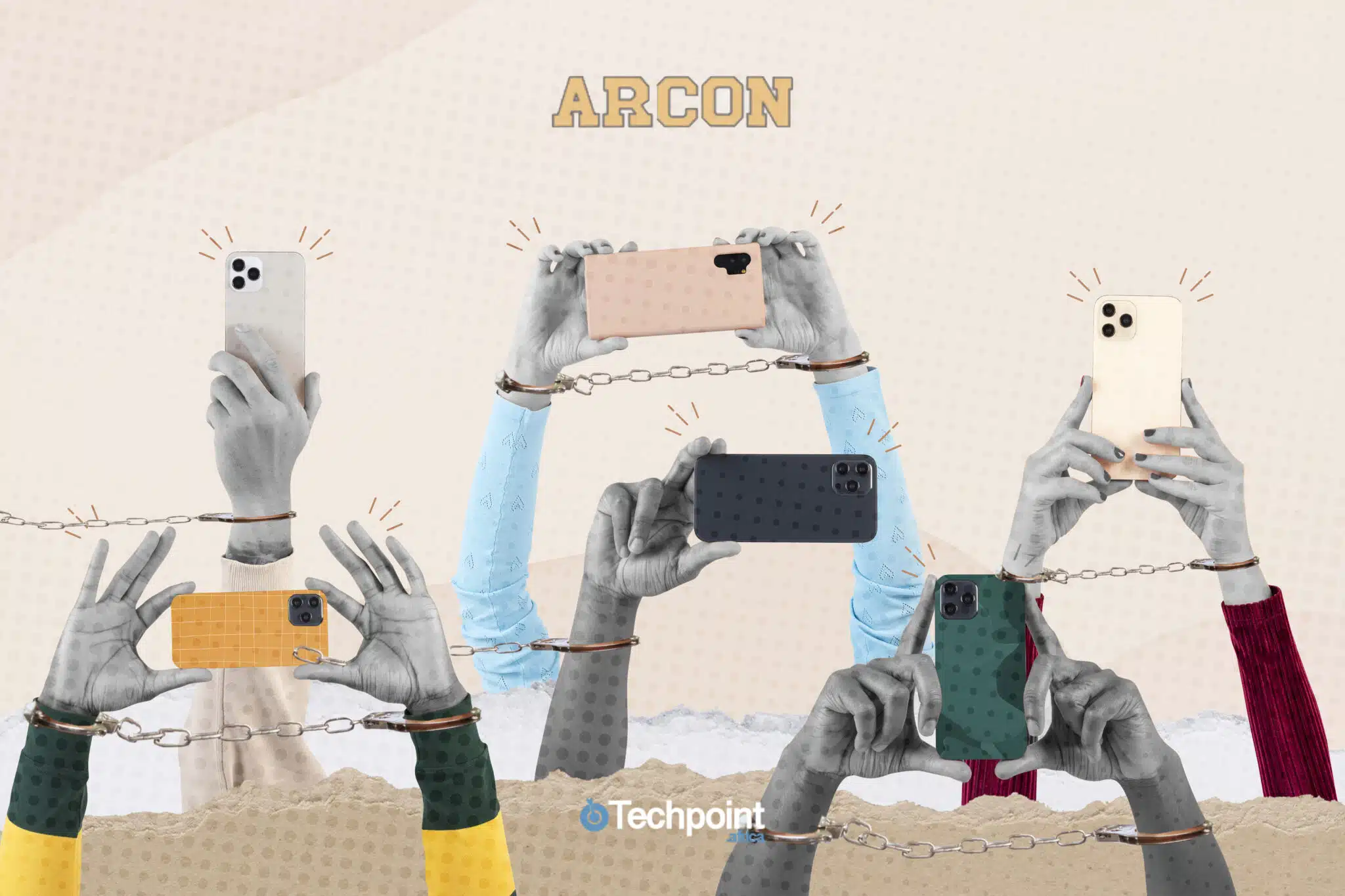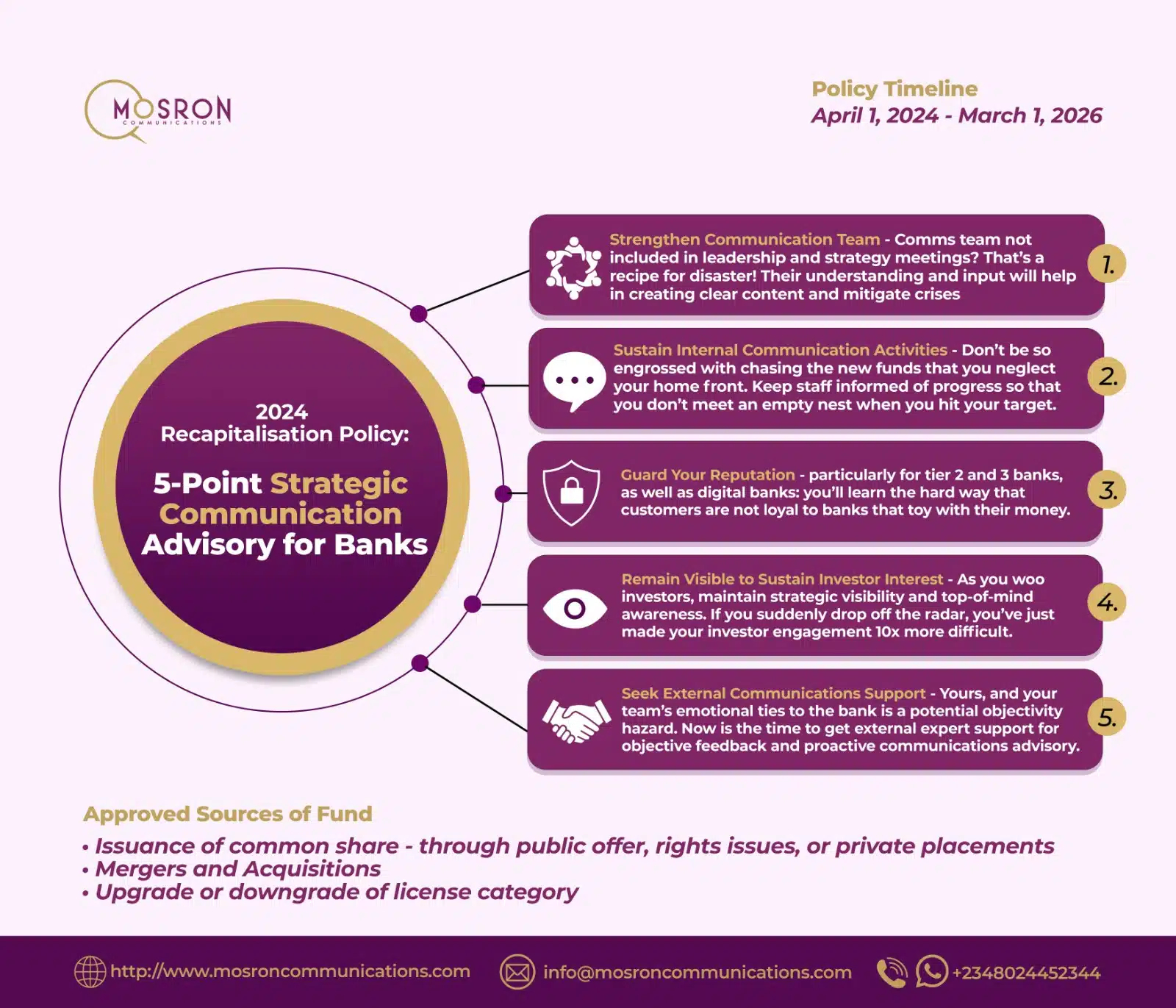Nigeria’s advertising regulator has been on a crusade. It wants to ensure it scrutinises and approves all adverts publicised in the country. This has led to a few court cases — one withdrawn, the other favourable.
In 2022, the Advertising Regulatory Council of Nigeria (ARCON) filed a suit against Meta, the parent company of Facebook, Instagram, and WhatsApp, at a Federal High Court in Abuja. The regulator alleged that the tech giant carries adverts through Facebook and Instagram without appropriate vetting and approval.
“ARCON is seeking ₦30 billion in sanctions for the violation of the advertising laws and for loss of revenue as a result of Meta Incorporated’s continued exposure of unapproved adverts on [its] platforms,” the regulator said in a statement. However, it wasn’t until May 2023 that permission to serve the tech giant with a writ of summons was granted.
In a turn of events in July 2024, ARCON submitted a notice to discontinue the suit through its counsel, stating that the withdrawal was “not a retreat, but a tactical redeployment.”
According to Dr Olalekan Fadolapo, ARCON’s CEO/Director-General, “The lack of progress in bringing the case to trial over the past two years has necessitated a reevaluation of our strategy.” He added that the regulator’s goal is “to ensure that all social media platforms are operating within the ambit of the law.”
Since it dropped the case against Meta and its local agent, AT3 Resources Limited, ARCON has set its sights on the creators who advertise using their content on the platform. The regulator has now mandated that all content creators, influencers, and digital advertisers must seek its approval before publishing any content that features an advertisement. How did it get here?
ARCON vs content creators, et al.
Back in 2022, ARCON stated that advertisers would be required to obtain pre-exposure approval for all adverts. Then, in May 2023, the regulator released vetting rates for adverts on social media, stating it would charge between ₦7,500 and ₦100,000 to vet social media ads before they go live.
In a suit (No. FHC/L/CS/1262/2024) filed by Digi Bay Limited (trading as Betway Nigeria, a sports betting platform), Super Group Limited, and Otunba Kunle Olamuyiwa, at the Federal High Court in Lagos, against the Attorney General of the Federation and ARCON, the plaintiffs sought a judicial interpretation of ARCON’s regulatory reach, especially regarding digital advertising and whether individuals not registered as advertising practitioners fall within the Council’s jurisdiction. Since digital advertisers, such as content creators and influencers, are not registered advertising practitioners, the question of what is expected of them arises.
The Court ruled in favour of ARCON on April 30, 2025, declaring that it has the legal authority to regulate advertising content across all platforms, including social media and digital channels, and not only print and broadcast media.

Victoria Fakiya – Senior Writer
Techpoint Digest
Stop struggling to find your tech career path
Discover in-demand tech skills and build a standout portfolio in this FREE 5-day email course
“Critically, the court upheld ARCON’s regulatory authority over advertising on social media platforms like Instagram, declaring them public channels used to reach mass audiences,” the regulator said in a statement following the ruling. “As such, content published there falls under ARCON’s oversight, even if the platform is privately owned.”
“For influencers, content creators, brands, and advertisers, the decision signals a new era where compliance with ARCON regulations is no longer optional, but a legal obligation across all media.”
This puts influencers and content creators explicitly under ARCON’s regulations. All sponsored content, regardless of format or platform, is officially classified as advertising material, which requires the regulator’s authorisation before it’s published. These regulations apply across all social media platforms, including Instagram, TikTok, YouTube, and Twitter.
What is the verification process for an advert in Nigeria?
All advertising material will now have to go through ARCON’s verification process. An application must be submitted along with all necessary documents.
The Advertising Standards Panel (ASP) first reviews the application, and a Certificate of Approval is issued if approved. This typically takes two weeks; however, there is an option to fast-track the process — with a fee. If an application is denied, the applicant can appeal to the Governing Council through the Director General, stating the grounds for appeal.
The ASP can also withdraw or revoke approval if any conditions are violated or if new facts affect the validity of the original application.
Influencers and content creators will now have to decide whether to apply for verification from ARCON for every piece of sponsored content they intend to publish or leave that burden to the sponsors of such adverts.
Where ARCON stands beside existing law
After the crash of the CBEX Ponzi scheme, many have attributed the widespread adoption to the spread of misleading advertisements on social media. “Such tragedies show the importance of vetting advertising materials for honesty, transparency, and compliance with ethical standards before dissemination,” Fadolapo said in a statement.
“Advertisements that misrepresent facts, omit critical information, or are designed to exploit vulnerable audiences will not be tolerated.”
While ARCON’s reasons for this enforcement, as stated, are due to the growing trend of misleading advertisements, particularly across digital media, it feels like an overlap of laws since Section 24 of the Cybercrimes (Prohibition, Prevention, etc.) Act of 2024 already criminalises the publication of harmful content online.
The advertising regulator stated that non-compliance with its regulations may result in a formal investigation and potential sanctions. However, such powers rest only with the Advertising Offences Tribunal, which has the authority to determine and enforce penalties for advertising offences. Meanwhile, the Cybercrimes Act stipulates fines ranging from a minimum of ₦7 million to ₦25 million or a minimum jail term of three to ten years, or both a fine and jail term for offenders.
Another question that arises is where the line between the freedom of expression guaranteed by the 1999 Constitution (as amended) and ARCON’s regulatory obligation to advertisements is.
Adverts in content are usually placed in subtle ways that do not infringe on the creativity of the publisher. Sometimes, these adverts play a minor role in these videos. Requiring creators to seek verification and approval of their content that contains adverts to ARCON before publishing could constitute a prior restraint on speech and freedom of expression. This presents an opportunity for the restriction on social media that Nigerian lawmakers have been trying to pass into law.











